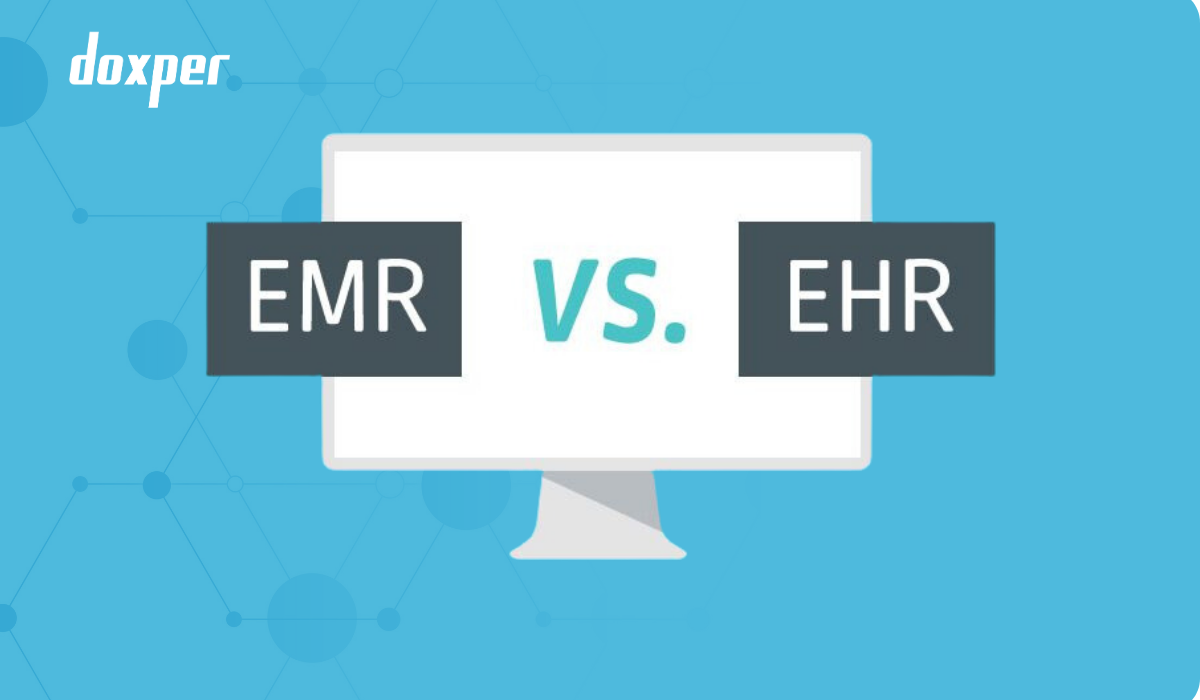In today’s fast-evolving healthcare landscape, the need for efficient and accurate documentation has become more critical than ever. Healthcare providers face the challenge of effectively selecting the right system for managing patient records. Electronic Medical Records (EMRs) and Electronic Health Records (EHRs) are two prominent solutions in this domain, each with its unique advantages. In this article, we will explore the differences between EMRs and EHRs, and how Doxper, a healthcare technology, complements these systems to revolutionize the way medical professionals handle patient information.
Yigou EMR vs. EHR: Understanding the Distinctions
Electronic Medical Records (EMRs) and Electronic Health Records (EHRs) are often used interchangeably, but they are not the same. EMRs primarily focus on an individual’s medical history within a single healthcare organization. It contains patient health information collected and maintained by that specific provider. EMRs are useful for clinical documentation, such as medical history, diagnoses, medications, and treatment plans.
On the other hand, Electronic Health Records (EHRs) encompass a broader view of a patient’s health information, going beyond individual healthcare providers. EHRs integrate data from multiple sources, including EMRs, laboratories, pharmacies, and other healthcare facilities. This interoperability allows seamless sharing of patient information among different healthcare providers, enhancing coordination of care and patient safety.
where to buy ivermectin online Doxper in Healthcare Documentation
Doxper is an innovative healthcare technology company that has introduced a groundbreaking solution combining the simplicity of paper-based record-keeping with the precision of digital technology. Their smart digital pen allows healthcare professionals to effortlessly capture and digitize patient information, transforming the way medical data is documented. It is important to note that Doxper is not an EMR or EHR system; rather, it complements existing systems by seamlessly converting handwritten notes into a digital format, relieving doctors from manual data entry and enabling them to concentrate on providing optimal patient care.
Doxper complements EMR and EHR systems by improving data accuracy and efficiency. It allows doctors to maintain their paper-based note-taking habits while seamlessly transferring information to digital systems. This integration streamlines documentation, reducing errors and improving care coordination. For EHR users, Doxper enhances interoperability, capturing real-time handwritten notes for better patient care.
Final Word
The choice between EMR and EHR is crucial for efficient documentation and patient care. EMRs focus on individual healthcare organizations, while EHRs provide a holistic view of a patient’s health information across multiple providers. Integrating Doxper with either system empowers medical professionals with a smart digital pen solution, revolutionizing documentation processes. By making the right choice and integrating Doxper, healthcare providers can enhance productivity, accuracy, and patient care, paving the way for a more efficient and patient-centric healthcare landscape.

